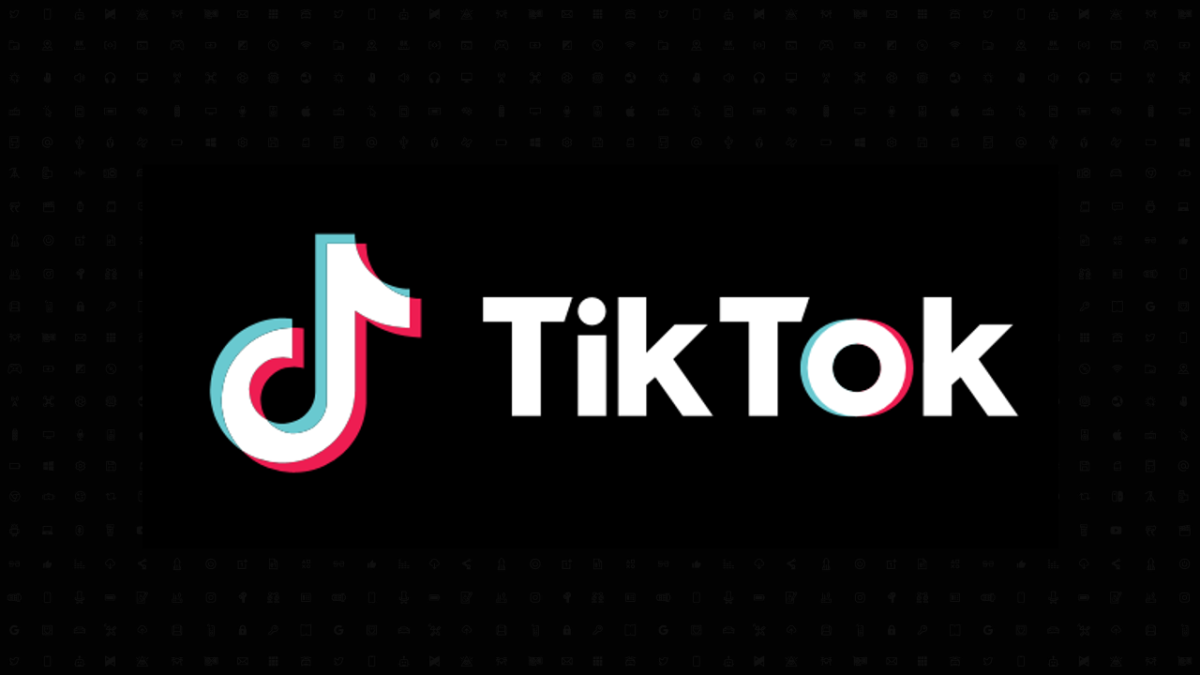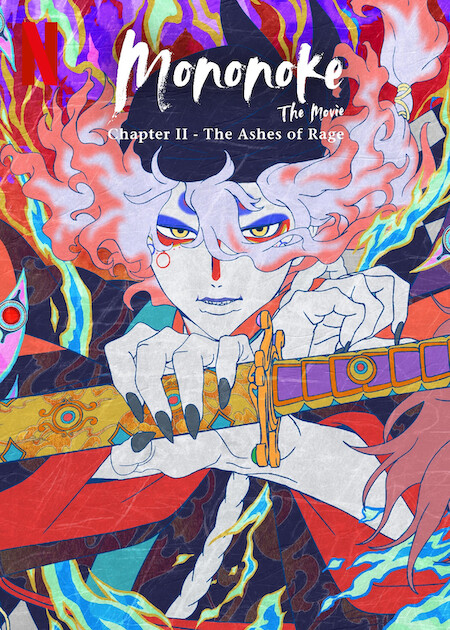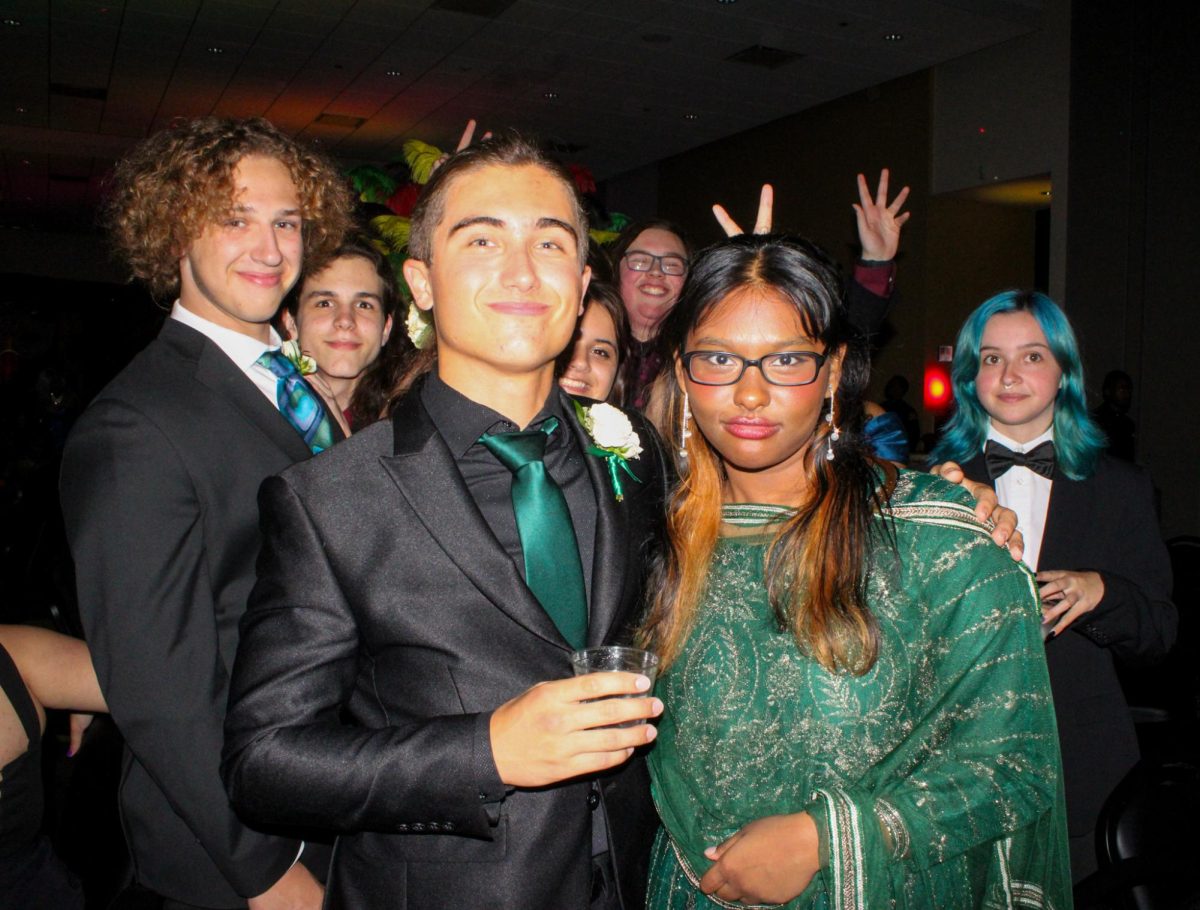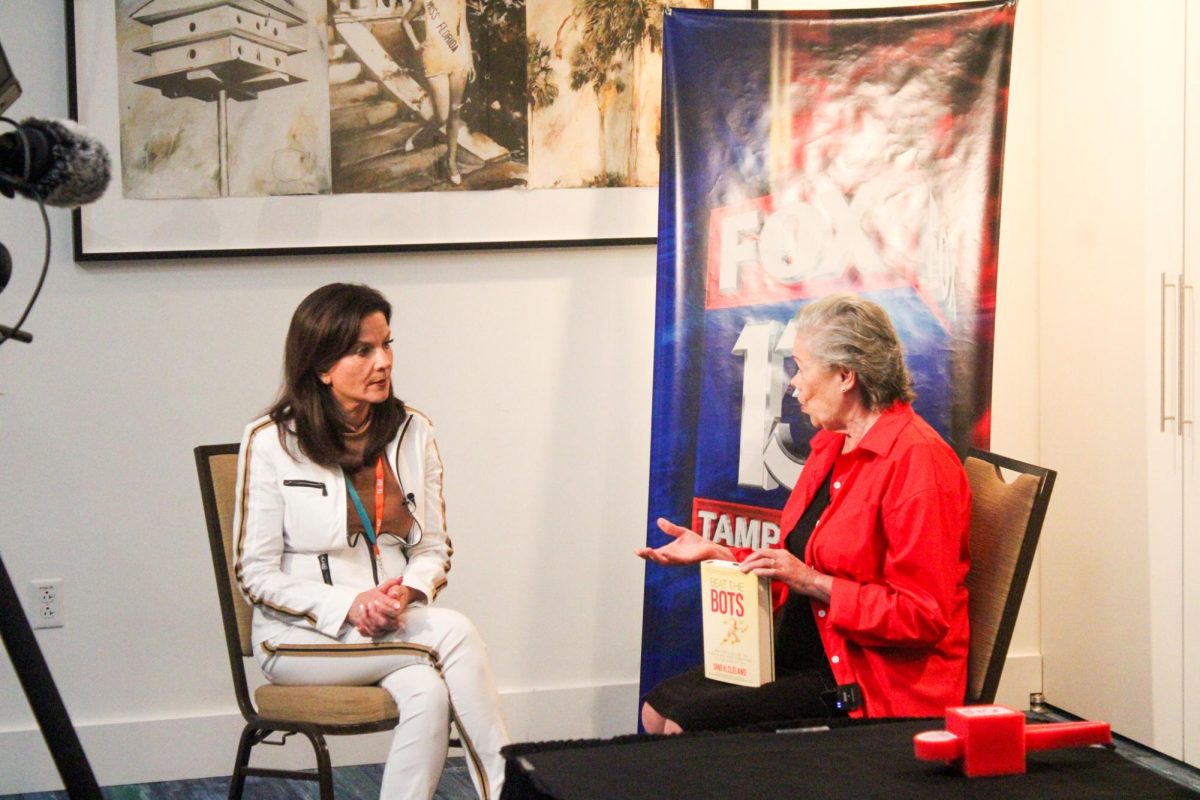In April of last year, Congress passed a bill that gave Byte Dance, TikTok’s owner nine months to find an approved buyer, or the popular social media app would be shut down in the United States. Nine months later, Byte Dance still hasn’t given in.
Byte Dance is expected to sell TikTok, but with a shifting balance of power, President Donald Trump asked the Supreme Court to extend the deadline for the hearing that happened on Jan.10.
So, what’s the big deal behind TikTok and why are some U.S. officials and lawmakers so eager to ban it?
They say it’s a matter of security. Since Byte Dance is a Chinese-owned company, the U.S. is concerned about how the Chinese government may be using TikTok.
Like most apps, TikTok collects information on its users to curate content. The U.S. is concerned that Byte Dance is at risk of sharing this information with the Chinese government and using it against the U.S.
This theory isn’t far-fetched. In 2017, China passed its national intelligence law which makes Chinese citizens and organizations obligated to provide information to their intelligence agencies. Information such as the data collected by TikTok.
On the other hand, the law comes with its conditions. Researchers from the Georgia Institute of Technology found that the law only applies to domestic concerns, not international, and the only national security threat it would pose is if information was stolen from the individual involved with the U.S.’s national security itself. It still, proves that the threat is still there.
One can also ask, is this ban really a matter of our nation’s security, or a xenophobic powerplay?
Last March when talk of a TikTok ban started, Congress met with the app’s CEO Shou Chew.
They accused him of being associated with the Chinese Communist Party (even though Chew is Singaporean), mispronounced his name, and called for his deportation.
Lawmakers completely disregarded Chew’s responses, making him incompetent
Additionally, there are also the implications regarding the First Amendment and advertising.
Part of the reason TikTok is loved by so many is that it gives a platform to all voices regardless of skin color, age, sexuality, or gender. The app’s owners have appealed to the Supreme Court to decide if banning it is unconstitutional.
TikTok’s possible ban has many consequences, and not just for the stereotypical phone-addicted teen. Some people make a living off TikTok by creating content, and it’s a great tool for small business advertising.
If TikTok is banned, over 100 millions of its users, including content creators, will lose their jobs, and businesses that use TikTok to advertise will lose a valuable marketing tool.
As the TikTok ban continues to play out, one can wonder if an app like TikTok can get banned, how many more will follow? Will the ban be a prediction of the dystopian landscape that may lie ahead of us?













